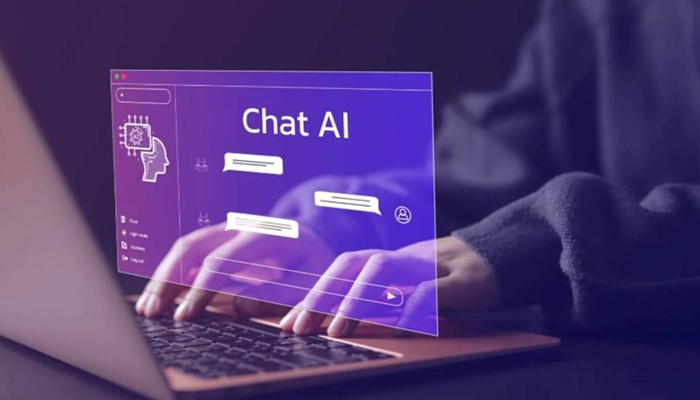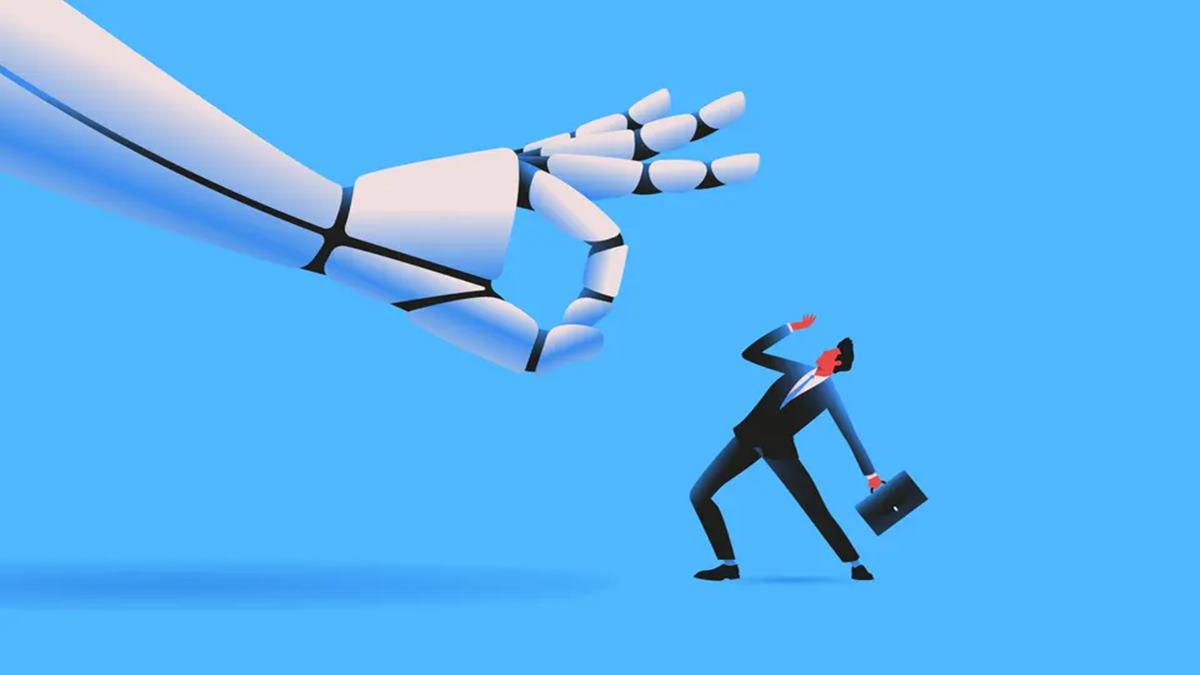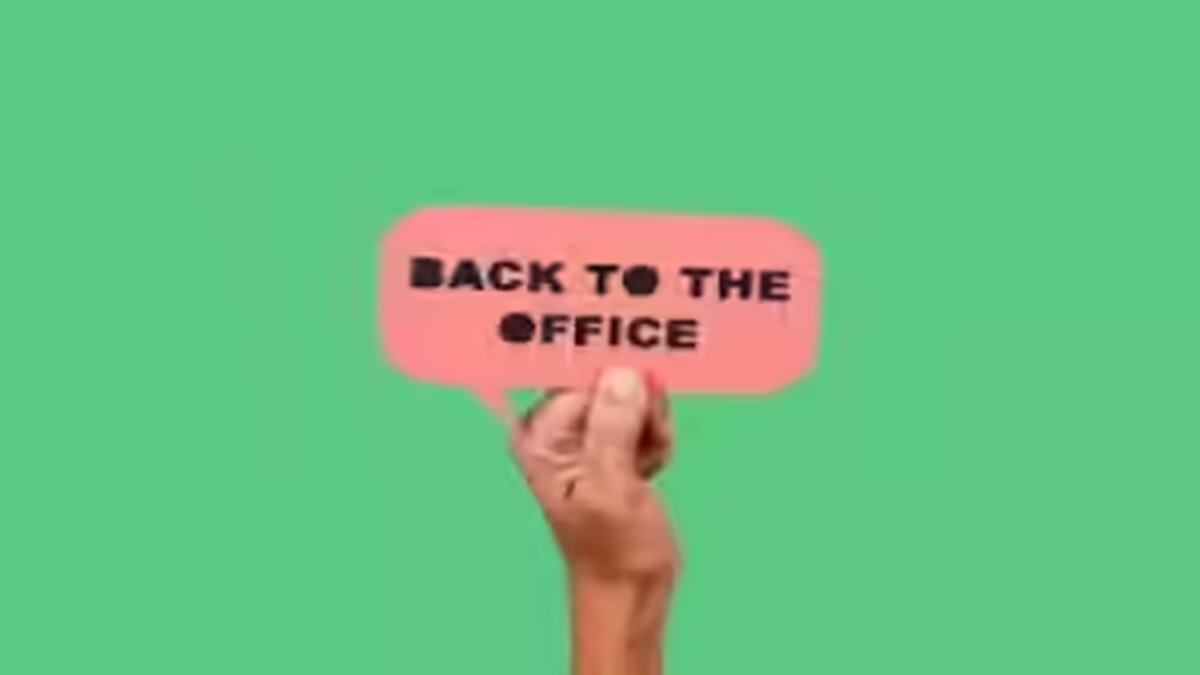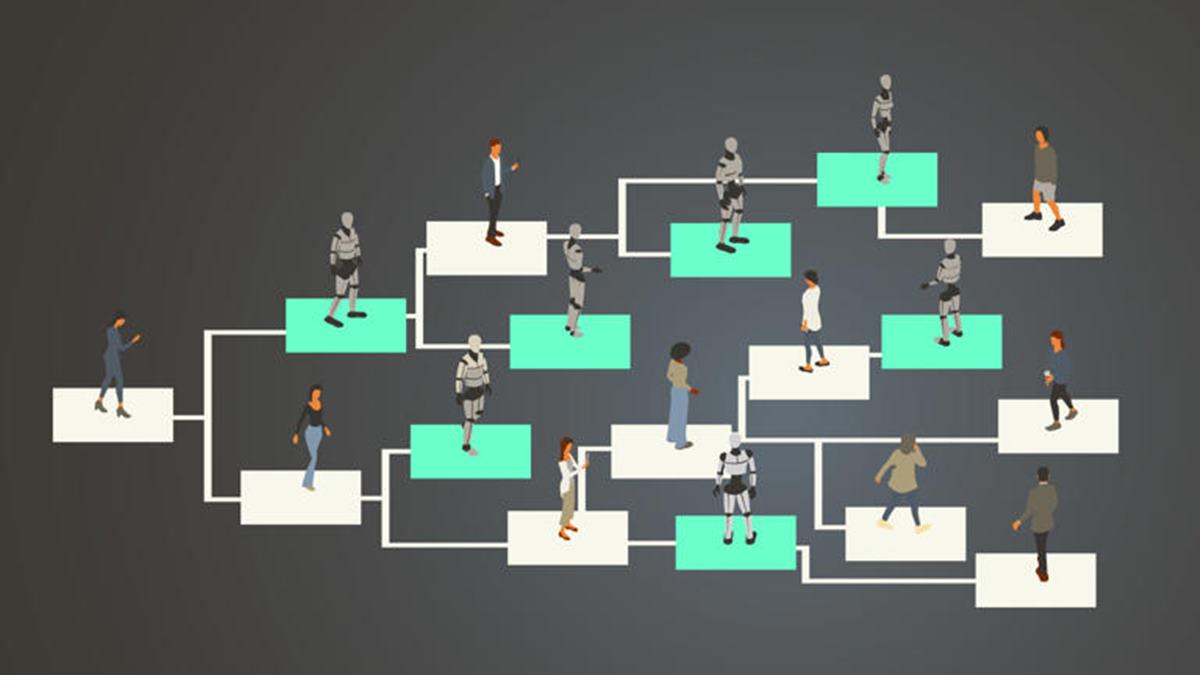Artificial intelligence is fast becoming a mainstay of modern hiring. Half of HR executives are now using AI tools to match, screen, and rank candidates, while nearly as many rely on it to identify skills gaps, Tech.co reported, citing a joint study by Ipsos and Google.
The research, titled Future-proofing careers in the age of AI: Insights for hiring, learning, and growth, surveyed 500 HR executives and 1,000 job seekers in the United States between June and July 2025. The findings underscore how recruitment strategies are evolving as companies face tighter labour markets and rising costs from hiring mistakes.
According to the report, 50% of HR leaders said they find tangible value in using AI to evaluate candidates more effectively, while 47% employ it to pinpoint skill mismatches within their workforce. With 60% acknowledging a disconnect between applicant skills and business needs, AI has become a crucial filter for talent assessment.
Nearly half of hiring managers — about 49% — have introduced formal skill assessments such as technical tests, simulations, and culture-fit evaluations to further reduce hiring risks. Many companies are also shifting focus toward more experienced hires, with 64% targeting mid-career professionals and 43% seeking candidates for specialised roles.
“As the costs of hiring errors rise, HR teams are leveraging AI to improve precision, speed, and quality of recruitment decisions,” the report noted.
The study found that job seekers are also turning to AI in growing numbers — with almost seven in ten applicants using it to aid in job searches and improve their own AI literacy. Many are employing AI tools to refine CVs, identify opportunities, and close skills gaps.
Researchers described AI as both a “tool and teacher,” suggesting that candidates are now integrating it into their daily job-hunting efforts. The report said AI proficiency is increasingly viewed as “table stakes” for employment, as organisations seek digitally fluent workers.
The widespread adoption of AI in recruitment reflects a deeper issue: persistent mismatches between skills in demand and the talent available. Nearly half of HR executives surveyed — 48% — believe that most applicants remain underqualified for the roles they pursue. This shortfall is particularly acute in fields such as technology, manufacturing, and healthcare.
The rise of AI in hiring is therefore as much about efficiency as it is about survival in an evolving labour market. Analysts say companies are becoming more data-driven in talent management, using automation not just to hire faster but to future-proof workforces against emerging skills shortages.
The findings add to a broader pattern of AI integration across workplaces. While automation continues to displace some entry-level positions, experts suggest that employees who embrace AI as a collaborative tool stand to benefit most.
Data speaks: 50% of HR execs use AI to find talent, 47% to fix gaps




















